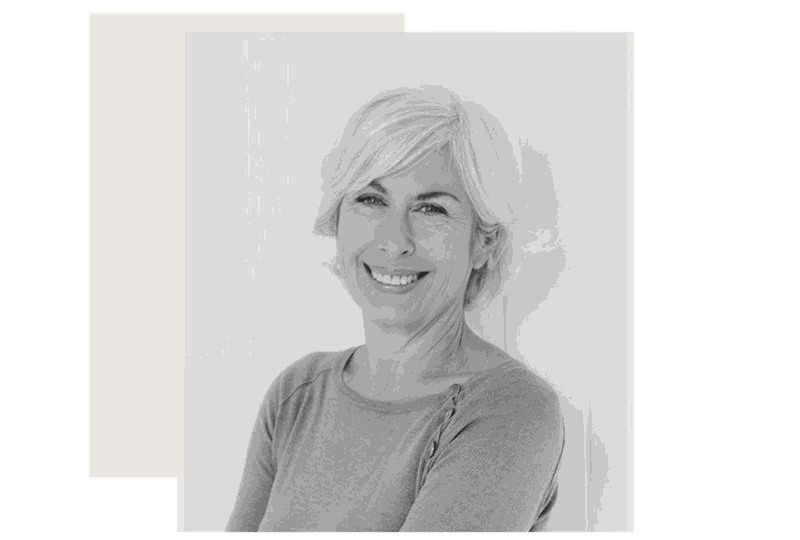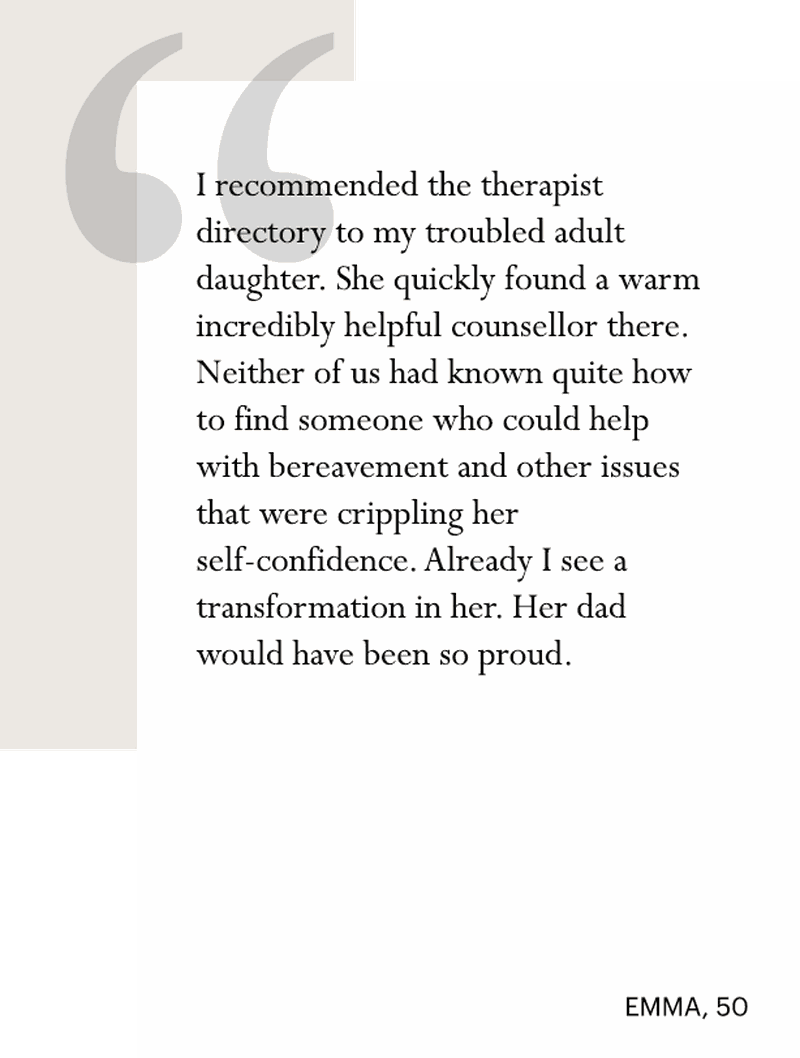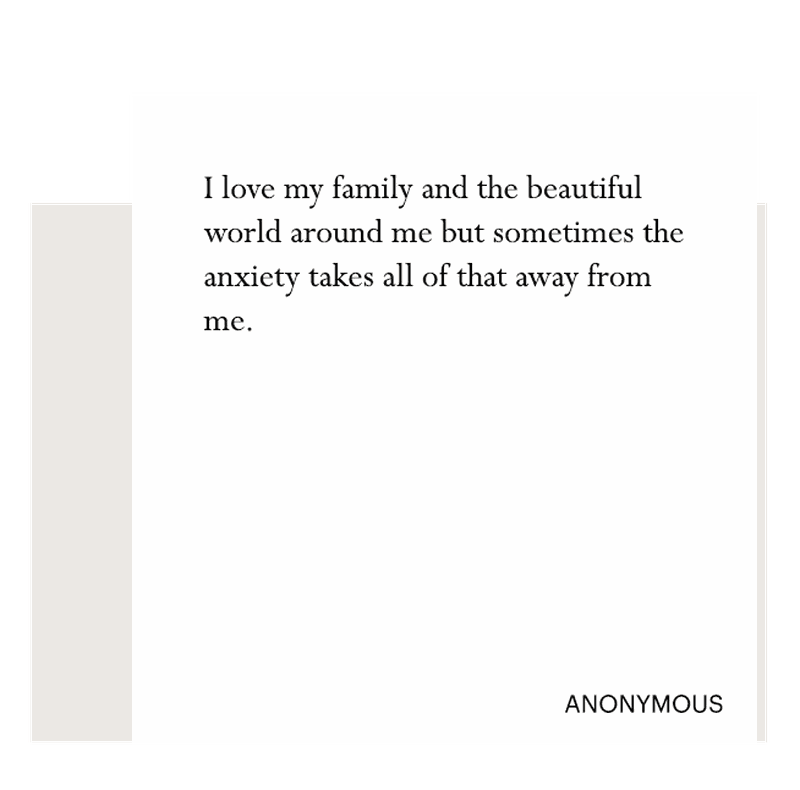
My Business Journey With… Louise Chunn
I studied history at the University of Auckland before moving to London in 1982. I immediately started working in the media and worked for several big magazines in the 80s and 90s. During my time as a journalist, I edited Just Seventeen, ES Magazine, InStyle and Good Housekeeping, and was the deputy editor of Vogue. I also worked at the Guardian, before becoming the editor of Psychologies magazine. I always knew I wanted to go into journalism – my father was a doctor but he encouraged me to pursue a career in writing. Having worked in the industry for over 35 years I was lucky enough to work with some great people along the way, and I might still be doing that now if I hadn’t decided to try something else.
There were several reasons why I decided to step away from journalism. Like many journalists, I’ve been made redundant a few times which was emotionally and psychologically hard. When you’re in your 50s and being made redundant, it’s already a difficult time – getting older, working in a young person’s world and seeing your children grow up. I also felt as though print publications were changing and it would be a good time to step down and try something else. One thing I quickly realised was that I needed to do something online. I didn’t know how to do it, so it was a case of going back to basics. To get some online experience, I became an intern for a woman who was once an intern at a magazine I edited.
When I left Psychologies magazine, my husband and I were discussing my next steps, when we had a bit of a lightbulb moment in the middle of the night. He said: ‘Do you remember when you wanted to see a therapist but didn’t know how to find one? Why don’t you do something like Match.com, but for therapists?’ And that was where the idea came from. After my own experience, I wanted to make it simpler for others to find the right therapist or counsellor. Therapy is expensive and takes a lot of time, but it can be very effective and is often lifechanging. But you’ve got to find the right person, which can take time.
We started taking on therapists in 2014 and in the beginning I was doing everything on my own with the help of one intern. I managed to get a place on a Google course for ‘founders over 50’ where I was chosen to take part in a business course in Silicon Valley. It was an amazing opportunity for start-up businesses where we learned how to present ourselves for possible investment. During this time, I also launched and edited a new magazine, Planet Mindful, which I worked on part-time. It was a challenge juggling both at the same time, so when the business grew, I decided to commit myself to Welldoing full-time.
We spotted a gap in the market for the business and ran with it. Welldoing is based on a ‘therapeutic alliance’ – the technical term for the match between the client and the therapist. Finding a therapist can take a long time, so we wanted to make the process as simple as possible. We built a questionnaire and algorithm that makes it possible to sidestep the jargon and find people a match. We also have personalised matching where people can tell us their availability, what type of therapy they want and their budget. Because mental health has become a critical issue in recent years, there are lots of services to choose from, but ours is a good choice for people who want expert advice. Clients can re-match up to five times in order to find a therapist or counsellor who’s right for them.

I found the transition from being a journalist to a business owner rather tricky at times. I’d gone from being in a team to largely working on my own. It was also eye-opening to not have a stable income – when you have a business, you don’t pay yourself for quite a while, which took some time to get used to. Having to live off very little and being reliant on my partner was sometimes difficult, too.
I had the confidence to start the business as I’d seen other people launch their own projects. Also, my parents had done similar things when I was younger – my father was a GP for 15 years then decided to become the first allergist in New Zealand. He had to completely retrain as well as uproot the family out of our suburban house to a much smaller apartment. Similarly, my mother had been a nurse for many years then started her own business that sourced locums for therapists. They weren’t the most natural business people in the world, but they both made a success of it.
There were times when I was worried the business wasn’t going to be a success, but I think that’s natural for any business owner. You’ve got to keep the worry in check, but it keeps you focused and gives you energy to keep going and put in the work. Luckily, I’ve never lost the energy to keep it up. Often, you’ve got to convince other people that you have a great idea and you’re confident in it, so you have to back yourself. Around 90% of start-ups fail but I didn’t know that at the time which, in hindsight, was a good thing.
I think the business has been successful because people have realised that therapy can be beneficial in lots of different circumstances. It’s not just for those who are having a breakdown or have a terrible diagnosis; it can also be incredibly useful if you’re going through a period of transition, for example. I’ve had therapy through divorce, redundancy, mid-life and, when my mother passed away, I had bereavement counselling. It can help someone understand themselves and find out what can trigger certain things in their life. We also have a great range of different therapists, and we make it easy for clients to find the right person for them.
The one thing I wish I’d known when I was starting out was the importance of having a good team. At the top, especially, you need a few people for things to work. One of my mentors pointed out early on that I didn’t have a partner, so one of the first things I did was try to build a good team. After having a few partners, I now have a great partner who is the chairman of the board. I also wish I’d known that there are tech people out there who can help you along each step of the way. It can be daunting when you don’t have first-hand experience in something, but enlisting a third-party company to help you with the tech side of things is so beneficial.
I try to stay energised working full time, but to be honest, it’s not always easy! I am working from home at the moment, and I keep office hours, starting around 9am and then stopping for a proper lunch with my husband and 20-year-old daughter. It’s a chance to stop thinking about the business and shift the focus to more ordinary things. In the same way, I benefit from walking or running before work starts and doing a short Adrienne Mishler yoga session at the end. I think energy flags when you are doing the same thing all the time. You have to mix it up, and that includes not doing end-to-end Zoom calls, taking time out to read a chapter of a book or phone a friend. Everyone has struggled with exhaustion over the lockdown, and I think many of us are finding it hard to bounce back with the energy we had before.


There is some pressure to keep the business continually evolving, but I don’t see that as pressure in the same way I might in another business. Tech businesses are developing all the time, partly because your competition is, but also because you want to make your product better and better. The great thing with tech is that everything is measurable, so you’re constantly assessing what’s happened and adjusting for the future.
I try and stay up to speed within the industry as much as possible. Keeping up with the world of tech is really down to subscribing to newsletters, reading news sites, going to events and conferences. For therapy and counselling, it is talking to our therapists and making connections with movers and shakers. My old journalism chutzpah means I am quite game for thrusting myself into people’s eyeline and finding ways of connecting.
I sometimes find it difficult competing with others in the industry who are younger. Heading up a tech company is not where most people expect to find a 64-year-old woman. But I sincerely believe that my life experience has been essential in the development of Welldoing. I’ve needed a therapist, for myself, for members of my family; I’ve been through the twists and turns, shocks and doldrums of a well-lived life. That gives me a level of wisdom that the Mark Zuckerberg wannabes tend not to have. And those around me are younger, in their 20s, 30s and 40s; they can deal with the things that are better suited to them.
As I’ve become older, I’ve realised how much my family and I missed out because of my long hours and pretty steely determination to get and keep top jobs. When my children were young, especially in the 80s and 90s, it was considered quite bad form to publicise your status as a working mother, especially if you wanted to be taken seriously in the media. I now look after my first granddaughter, who is one, every second Friday. It’s a delight. And I speak often to my adult children; I love hearing their news and they are very supportive of the aims of the business.
When you start a business later in life, one of the advantages is that you tend to dedicate yourself to a new career that has value, that isn’t just a way of making a quick buck. I hear that a lot from others over 50, that they want a purpose-driven life, they want to feel they are doing something worthwhile. I would also add that it stops you being bored, and in doing that, it makes you feel fresher and newer in your approach. That’s not the same as being young, but it’s exciting, because you haven’t done it all before. Finally, unless you end up building a major corporation, you release yourself from days filled with dull meetings. In a start-up, meetings are kept short and are sometimes pretty dramatic, as decisions may be made that will really change the whole direction of travel.
My husband has been a constant support throughout. He’s been financially supportive and is great with coming up with ideas, too. Now, he’s one of the directors of the company and, while he’s not an accountant or a psychotherapist, he has a great analytical eye. For me, starting a business in my late fifties has been incredibly energising and rejuvenating, and I’m glad we’re able to do it together.

Starting my own business at the age of 57 was a huge achievement, especially in the tech world which can be very ageist and sexist. Also, entering the realm of therapy and counselling as a non-professional and being taken seriously is a great achievement too. The business is very much associated with me and it’s good for people to see that everyone faces difficulties in their life – I’ve been divorced, I’ve lost jobs, and my mother died which was incredibly hard. I’ve been someone who wanted therapy at various points. I’m grateful that people in the industry trust me and trust the service we provide.
We’ve recently launched a service for students. Lots of our therapists were keen to offer low-cost counselling to students, because the Covid experience has been so detrimental to them. It’s a great way for young people to look after their mental health and seek the help they need. We’ve also started to offer coaches for people, too – whether you’re going through family problems, career changes or even an illness like cancer, someone can help you along the way. To have someone neutral listen to your story can be very powerful.
During lockdown, I’ve missed being with my team, but we find ways to stay motivated. In terms of my daily routine, I try and run every other day which seems to boost my motivation. For the business, Zoom has been a lifesaver – it’s incredibly important to stay in contact with the team as much as possible.
For women who might be launching a business or looking to change career, my advice would be to do it with someone else. Perhaps even someone who isn’t like you – that could be a younger person, someone from a different country or someone in a different industry. It can make a big difference and they will often be able to help with the tech side of things. You’ll both bring different things to the table. It’s also incredibly important to do thorough research – really get to know what you’re getting into and what your business or career might look like.
I feel very proud of what we’ve achieved at Welldoing. It’s both worthwhile and useful, and it makes a real difference. I’ve met some great people along the way and lots of excellent therapists, too. Right now, I’m still doing a bit of freelance writing – it would be foolhardy to completely close the door on my journalist connections.
When I’m not working, I try and switch off with music and poetry. I also love being a grandmother, and frequently look after my granddaughter at home. Having three children myself, I always worked full time and wish I’d had a little bit more family time. Enjoying family time now is so important.
Visit Welldoing.org and follow @LouiseChunn
DISCLAIMER: We endeavour to always credit the correct original source of every image we use. If you think a credit may be incorrect, please contact us at info@sheerluxe.com.

